We were driving down the highway when my son shut his book, looked up at me in the rearview mirror and asked, “Mom, why do all stories end the same? Why do they always have a good ending?”
“Do you remember the parts of the gospel, bud? Creation, Fall, Redemption, Consummation and how that’s the story God is writing for all of us? Well, authors, regardless of if they love God or not, usually can’t help but follow that same pattern, because it’s inherent in all humans. It’s written on our hearts.” I replied.
Both my older children stared at me for a beat, and then I watched the recognition dawn as huge smiles lit up their faces. From there we launched into a long discussion of all the parallels we see from God’s story to the books they were reading.
Now, I’ll admit, I rarely I have a parenting moment as golden as that one, so I’m taking it to the bank. But what my children learned that day was something I didn’t learn until I was much older. All humans, regardless of faith, are story-shaped people. Stories are part of us, whether we want them to be or not. And by God’s design, we learn about life and obedience to his will and ways through stories.
I think that’s why I’ve found books and stories to be integral in my own spiritual formation, as well as a key tool I use for my children. Being bound by time and space, we can’t live in all circumstances or unique situations. But stories allow us to enter into other lives, enlarging our view of the human experience. By reading stories, we allow our assumptions and thinking to be challenged, and we grow our compassion and empathy for other ways of living. Suffice it to say, stories are a powerful tool.
As parents, we can use stories of all kinds to give our children a bigger view of God’s ways and help them not only know what God loves, but to love what he loves. Stories help children move beyond just knowing what they “should” do, to helping them want to do the right thing.
For example, a child may know they should be good and kind, in a dutiful sort of way. But good books teach a child to love courage, bravery, gentleness, generosity, and compassion, and to hate cruelty, envy, greed, or cowardness.
The best books show a child the potential of the world—what it could be, and what it shouldn’t become.
As a mom, I’ve found the books my children and I read together often create incredible springboards for conversations, tucking away nuggets of what we as Christians value, which is what God values. And even when a book doesn’t lead to robust discussion, as I’ve seen in my own life, I’m certain that someday, the books they’re reading today will softly shape their decisions, actions, and values.
So bring good books into your home. They don’t all have to be explicitly Christian or word-for-word scripture (Though those are awesome!). Let your children learn from putting themselves in the character’s shoes and letting their imagination run along with the turning of pages. We’re story-shaped people. So let the stories, shape.
***
Laura Wifler is a bestselling author whose latest book, A World Wonder, invites children to join Cora, a girl with big dreams and even bigger aspirations, on a journey to discover what makes life truly meaningful. You can learn more about A World Wonder and Laura’s other books for children here.

Leave a Reply